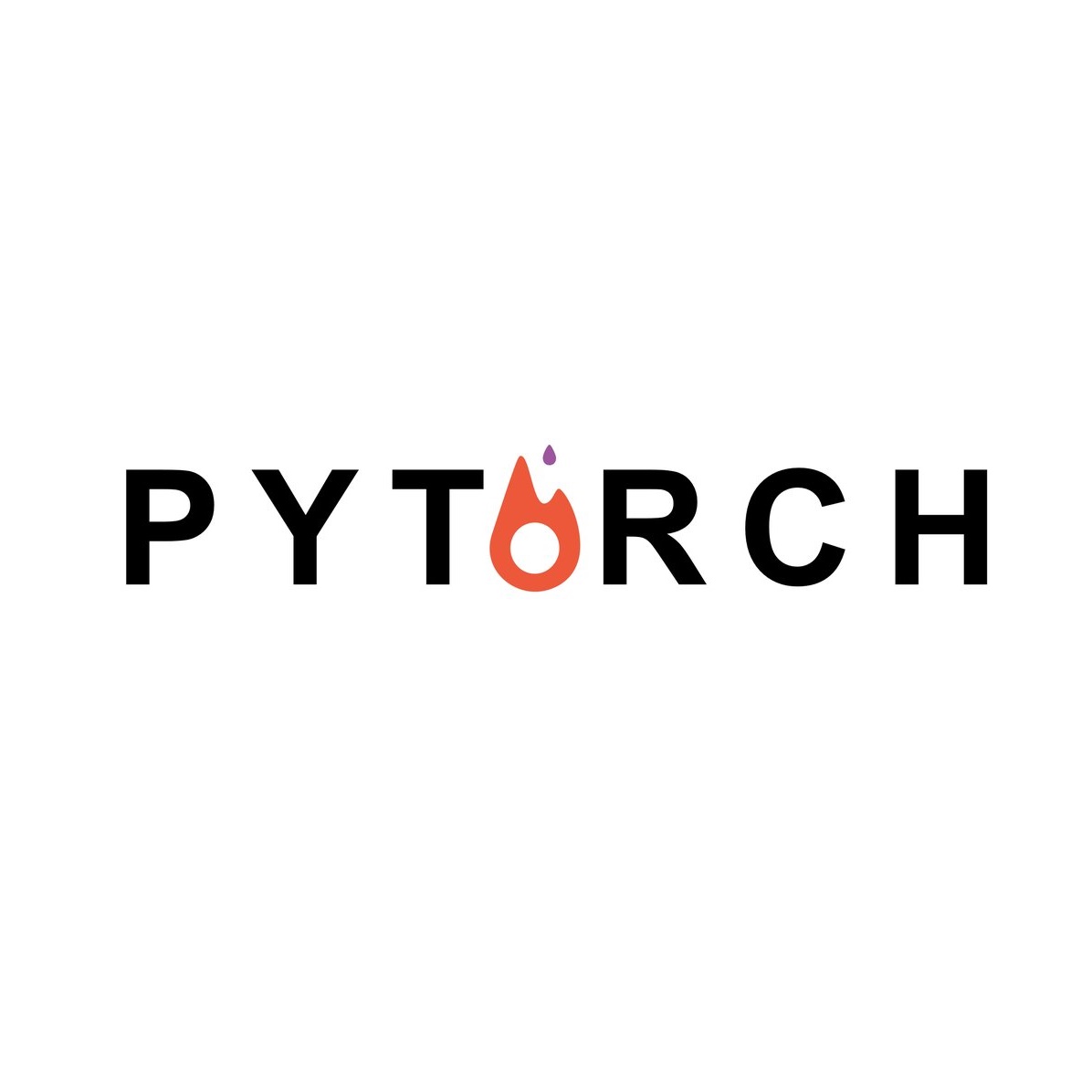The widespread application of large language models (LLMs) underscores the importance of deep learning (DL) technologies that rely on foundational DL libraries such as PyTorch and TensorFlow. Despite their robust features, these libraries face challenges with scalability and adaptation to rapid advancements in the LLM community. In response, tech giants like Apple and Huawei are developing their own DL libraries to enhance performance, increase scalability, and safeguard intellectual property. Ensuring the security of these libraries is crucial, with fuzzing being a vital solution. However, existing fuzzing frameworks struggle with target flexibility, effectively testing bug-prone API sequences, and leveraging the limited available information in new libraries. To address these limitations, we propose FUTURE, the first universal fuzzing framework tailored for newly introduced and prospective DL libraries. FUTURE leverages historical bug information from existing libraries and fine-tunes LLMs for specialized code generation. This strategy helps identify bugs in new libraries and uses insights from these libraries to enhance security in existing ones, creating a cycle from history to future and back. To evaluate FUTURE's effectiveness, we conduct comprehensive evaluations on three newly introduced DL libraries. Evaluation results demonstrate that FUTURE significantly outperforms existing fuzzers in bug detection, success rate of bug reproduction, validity rate of code generation, and API coverage. Notably, FUTURE has detected 148 bugs across 452 targeted APIs, including 142 previously unknown bugs. Among these, 10 have been assigned CVE IDs. Additionally, FUTURE detects 7 bugs in PyTorch, demonstrating its ability to enhance security in existing libraries in reverse.
翻译:暂无翻译





